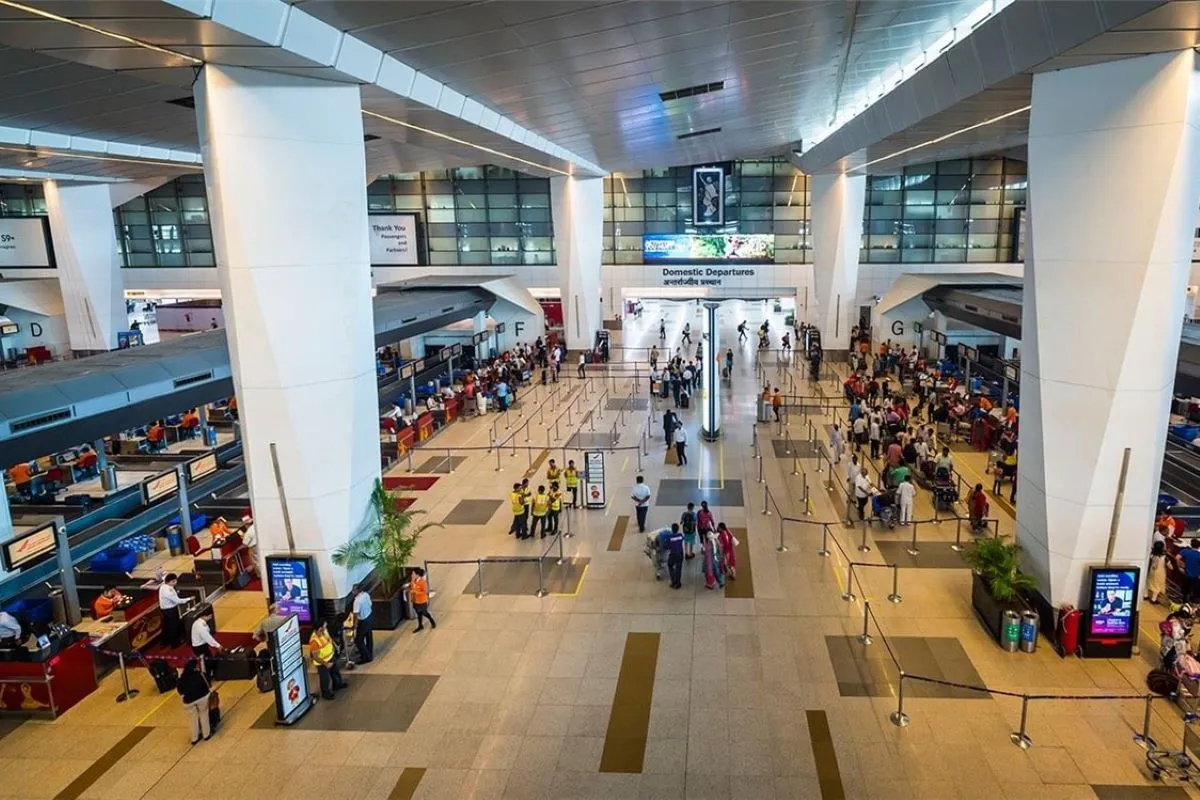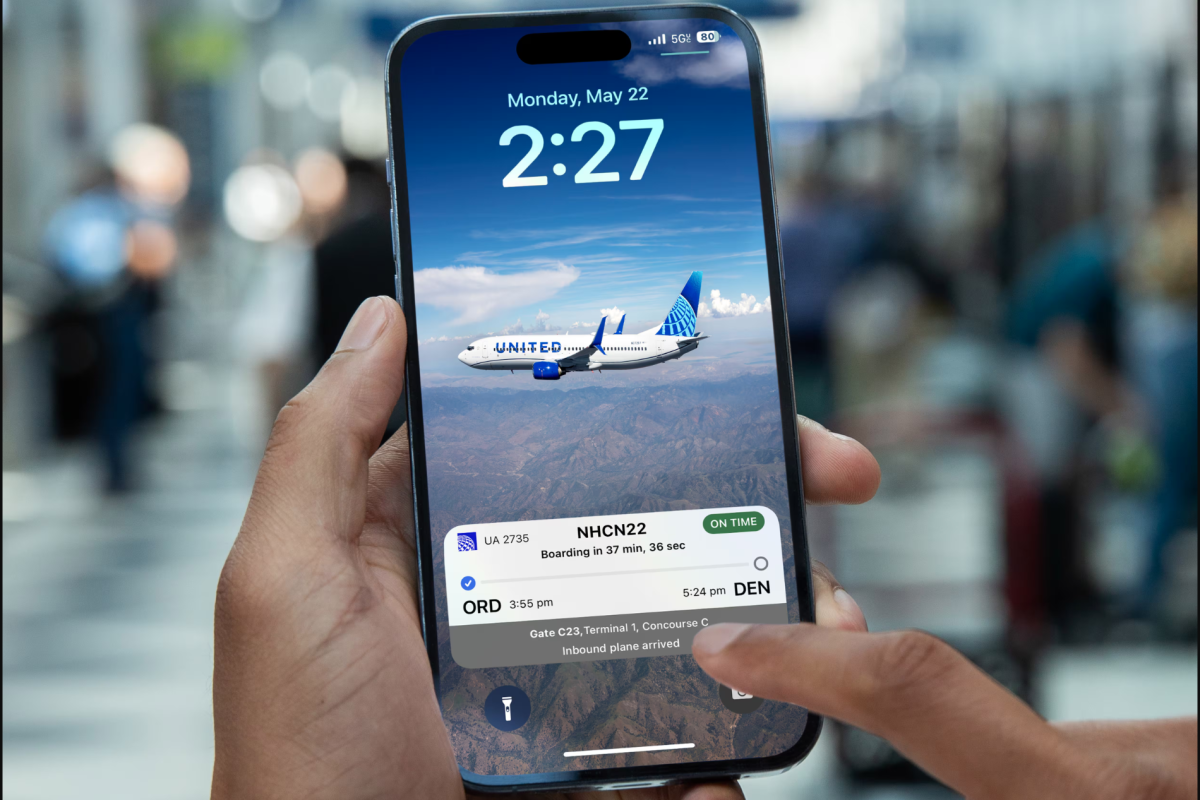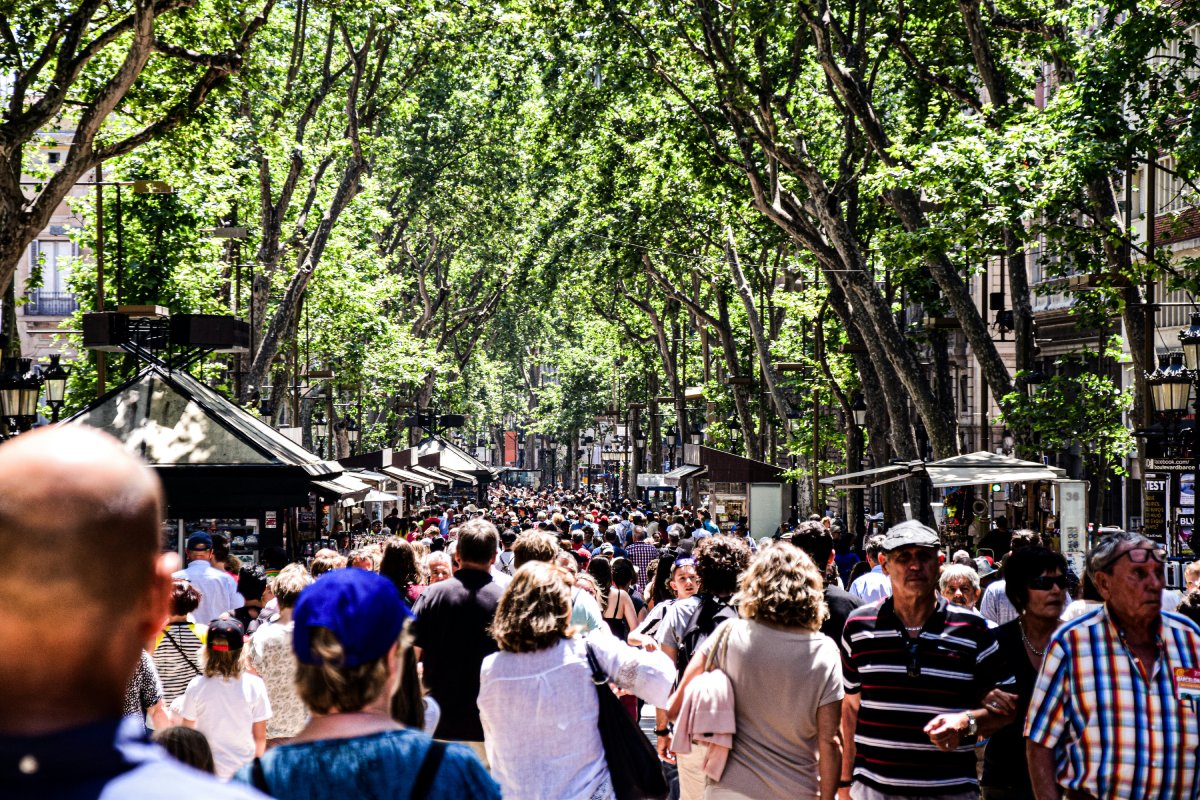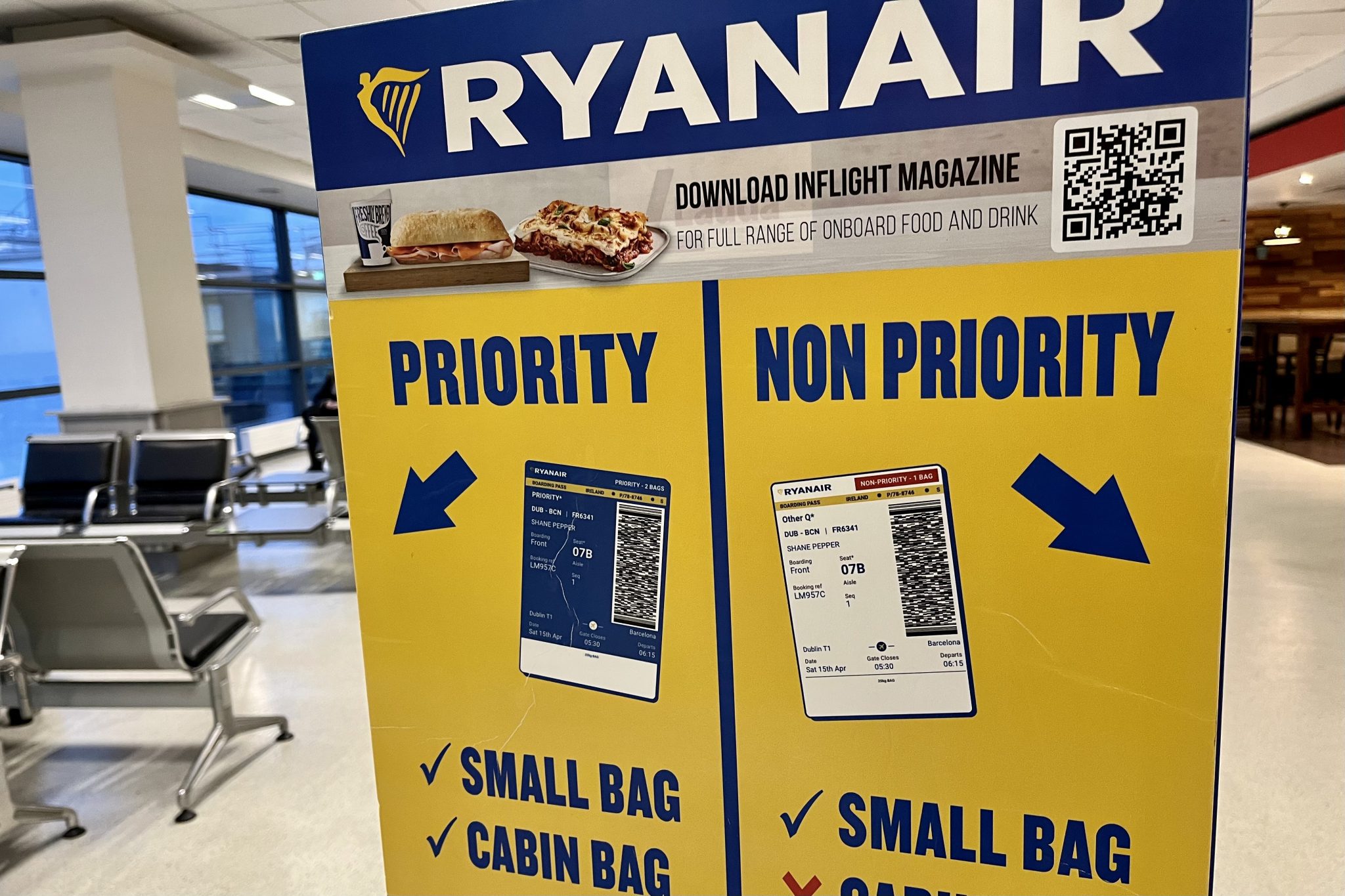Las Vegas Sands CEO Praises China With Macau Gaming License Up for Renewal
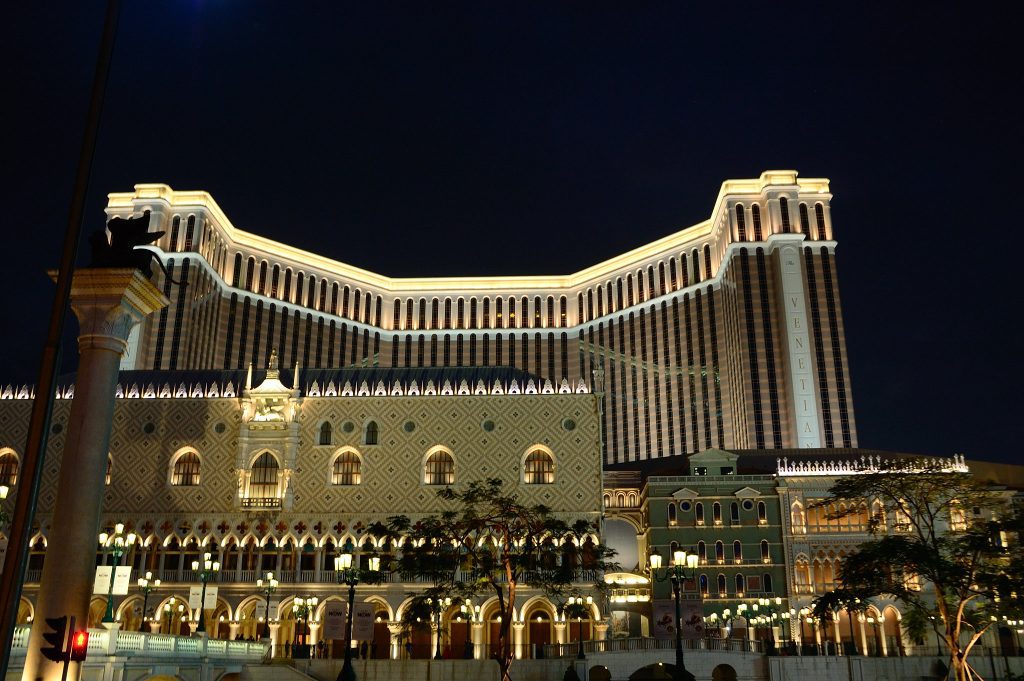
Skift Take
Now is apparently not the time for Las Vegas Sands leadership to start spouting off what they don’t like about their largest gaming market.
Las Vegas Sands CEO Robert Goldstein and others in the company’s C-suite spent most of the company's third quarter earnings call Wednesday laying out why they aren’t concerned by Chinese gaming regulators’ plan to increase scrutiny on Macau gaming operators. Instead, they repeatedly described regulators there as “very reasonable, very thoughtful, and very fair.”
The investor call was Las Vegas Sands’ first since the company’s stock tanked on news last month regulators were considering a wave of new oversight measures ahead of next year’s license renewals in Macau.
All of Macau’s casino operators are required to rebid for their licenses, as they expire in June 2022. When asked if he could even envision a worst-case scenario where Las Vegas Sands doesn’t get a license renewal, Goldstein quickly shot down that idea.
“I do not. I see no chance of that whatsoever,” he said. “I think the government recognizes we’ve been a good licensee.”
An administrative region of China, Macau is China's designated gaming market.
Las Vegas Sands reported a $368 million net loss for the third quarter, an improvement from the $565 million loss seen in the same three months last year. But the company is still struggling this year under the continued grip of the pandemic: The company lost $838 million in the first nine months of 2021.
Company leaders didn’t spend much time on the numbers, instead focusing on questions from analysts. A vast majority of the questioning centered around the company’s take on its future in Macau.
Las Vegas Sands made plans earlier this year to sell its Venetian Resort Las Vegas and the Sands Expo and Convention Center for $6.25 billion. The plan was to vacate its namesake city and focus growth on Asian markets like Macau and Singapore.
The company’s planned growth in the region was thrown into turmoil last month when Lei Wai Nong, Macau’s economy and finance secretary, announced the government would strengthen its oversight of the casino sector. U.S. casino operators in the region like Sands, Wynn Resorts, and MGM Resorts International lost a combined $4 billion in valuation following the news. Sands China shares dropped 28 percent.
But the Sands leadership team reiterated confidence the company would come out just fine during the license renewal process as well as the oversight review in Macau.
Part of that optimism stems from how Las Vegas Sands is a major employer in the region and invested $15 billion so far developing casino resorts. The company also has more hotel rooms in the region than any other operator.
“We remain confident the process will work out,” Goldstein said. “We have two decades of history with this government, and it’s been a very good two decades.”
Until the scepter of increased regulation dangled overhead, Las Vegas Sands’ decision to put more resources in Asia seemed like a smart call. The company generated $8.8 billion in revenue off its Macau properties in 2019 compared to $1.8 billion in Las Vegas, according to filings with the U.S. Securities and Exchange Commission.
It doesn’t appear the last month of uncertainty around regulation has the Las Vegas Sands team members changing their views on Macau and its development potential.
Leaders Wednesday cited the company’s Londoner Macau — a $2.2 billion UK-themed resort with replicas of the House of Parliament, Big Ben, and 600 suites, including 14 designed by soccer star David Beckham — and Four Seasons Macau as future growth drivers.
“We’re eager to reinvest in Macau,” Goldstein said. “We’re assuming the process will be fair and equal.”
Both Macau and Singapore, another vital Asian gaming market for Las Vegas Sands, struggled during the pandemic due to tighter travel restrictions than Las Vegas. Singapore is only just beginning to loosen its restrictions on international travelers. Company leaders expect a similar wave of pent-up gaming demand to hit Singapore and Macau just as it did in Las Vegas.
“Anybody who doesn’t think Singapore is going to come back with a vengeance is mistaken, and it’s the same for Macau,” Goldstein said.
But there was one crack in the confidence in China on Wednesday’s investor call. Singapore typically relies on travelers from China to fill hotel rooms and the gaming floor at a casino like the Marina Bay Sands. But China’s borders largely remain closed to both inbound and outbound international travel.
Goldstein tried to downplay a reliance on business from China at the company’s Singapore resort, saying Las Vegas Sands can still make as much as $1.5 billion "without Chinese output" and instead from travelers from other Asian markets like South Korea, Malaysia, and Japan.
“Obviously, part of our business is dependent upon access to the Chinese market, but it's not [entirely] dependent,” he added.

